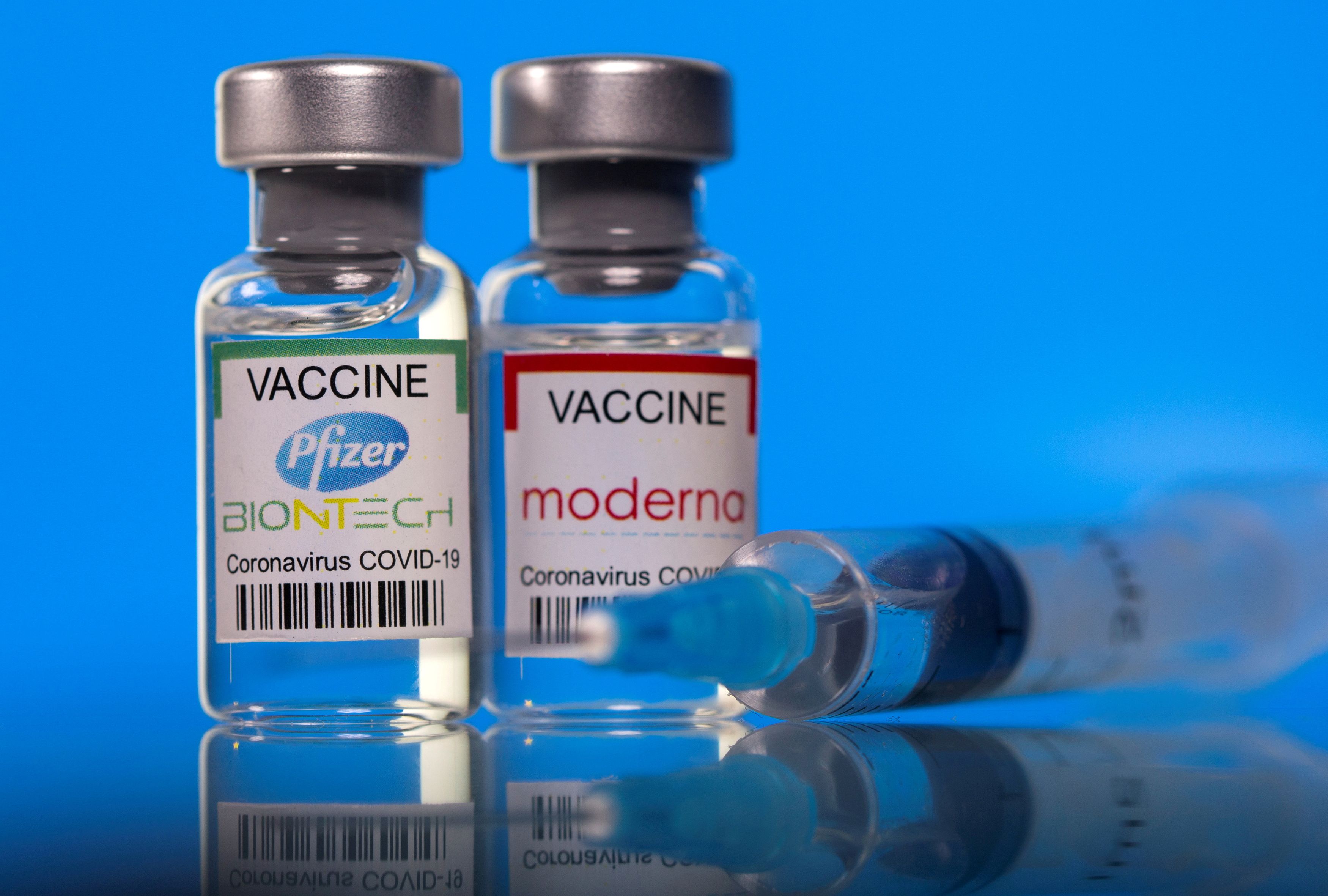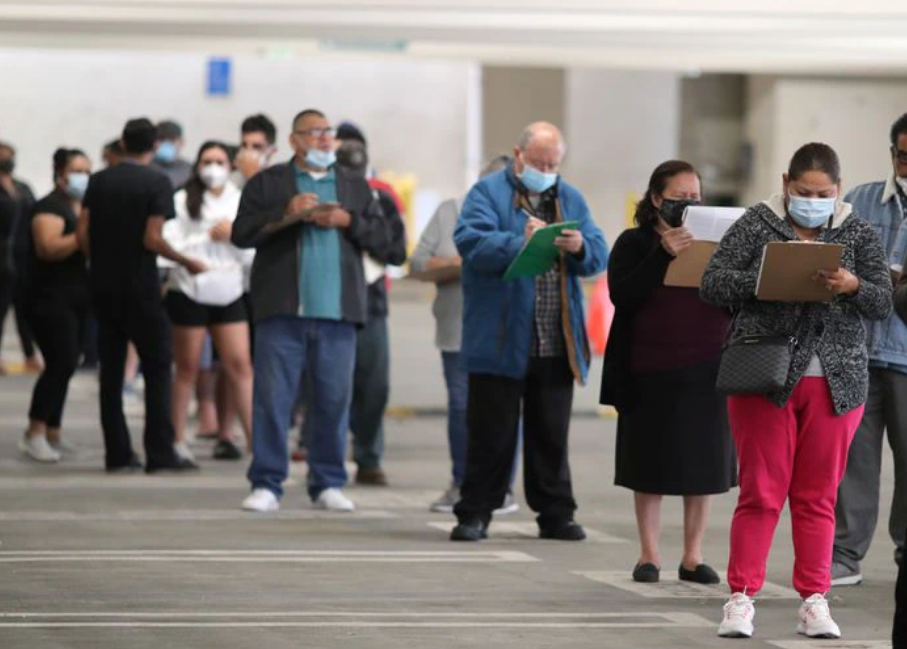Two weeks have passed after the U.S.' announcement saying it supported waiving intellectual property protection of COVID-19 vaccines, while it seems to be taking longer for the world to really benefit from the move.
The prospect forecast is not optimistic as observers and experts question the feasibility and motivation behind the move.
Long timeline even if consensus reached
The World Trade Organization (WTO) negotiations on the vaccine patent waiver could take months – provided they can overcome significant opposition from some member countries – and the earliest the world could expect to see additional capacity flowing from the waiver would be in 2022, STAT, a news publication focused on biotech, pharma, and the life sciences, reported.
The talks also are likely to focus on a waiver that is significantly narrower in scope and shorter in duration than the one initially proposed by India and South Africa last October.
WTO decisions are based on consensus, so all 164 members must agree. Ten WTO meetings in seven months have failed to produce a breakthrough, with 60 proposal sponsors from emerging economies.
While U.S.' backing adds political impetus to get a deal done, Germany – home to Pfizer's vaccine partner BioNTech – Japan, and Switzerland recently rejected the waiver proposal, with British and European Union officials skeptical about the issue.

Vials with Pfizer-BioNTech and Moderna coronavirus disease (COVID-19) vaccine labels are seen in this illustration picture taken March 19, 2021. /Reuters
Vials with Pfizer-BioNTech and Moderna coronavirus disease (COVID-19) vaccine labels are seen in this illustration picture taken March 19, 2021. /Reuters
Symbolic rather than substantial move
The White House has come under intense pressure in recent weeks to take steps in addressing the global vaccine shortage, especially with India's virus crisis, which warned the world that the pandemic is far from over.
More than 170 former world leaders and Nobel laureates signed an open letter in April calling on the U.S. to support the Indian and South African proposals.
Reports add more fuel to the fire, criticizing the U.S. for buying enough doses to vaccinate the entire eligible population twice, but continues to resist sharing.
The Associated Press reported that Joe Biden's support for the waiver is to show that the United States was committed to global leadership.
"In short, the administration may be thinking that its own well-executed vaccine diplomacy – think billions of doses being shipped out from the U.S., Europe, and India – will halt the pandemic before the ink can dry on any temporary changes in WTO rules," an observer wrote for USA Today.
Meanwhile, vaccine manufacturers argued that manufacturing capacity was the main constraint on supplies, not intellectual property and some legal experts pointed out that the U.S. government has no right to unilaterally ask companies to give up patents.
U.S. support for waiving intellectual property rights on COVID-19 vaccines could be a tactic to convince drugmakers to back less drastic steps like sharing technology and expanding joint ventures to quickly boost global production, Reuters reported citing Professor Lisa Ouellette of Stanford Law School.

People wait for COVID-19 vaccinations, in Los Angeles, California, U.S., April 12, 2021. /Reuters
People wait for COVID-19 vaccinations, in Los Angeles, California, U.S., April 12, 2021. /Reuters
The WHO said in April that of 700 million vaccines globally administered, only 0.2 percent had been in low-income countries, and a recent analysis by the World Bank found 82 percent of high-income countries have begun vaccinations, compared to 3 percent of low-income countries.
What most people are looking for right now is not a patent exemption at all, but an expansion of the global supply of vaccines, said Ouellette.
Vaccine production needs to be expanded, and countries must share technologies to increase the vaccination rate of the world's most vulnerable, Dr. Mohga Kamal-Yanni with the People's Vaccine Alliance told CGTN.
The real bottlenecks were trade barriers, in particular the U.S. Defense Production Act (DPA), IFPMA Director-General Thomas Cueni told Reuters. Last April, former U.S. President Donald Trump used the act to impose export controls on raw materials used to make vaccines, which remain in place today.
The way to kickstart low-income countries' vaccination campaigns was for rich countries to donate vaccines, rather than widen eligibility to young and healthy people at home, he added.

